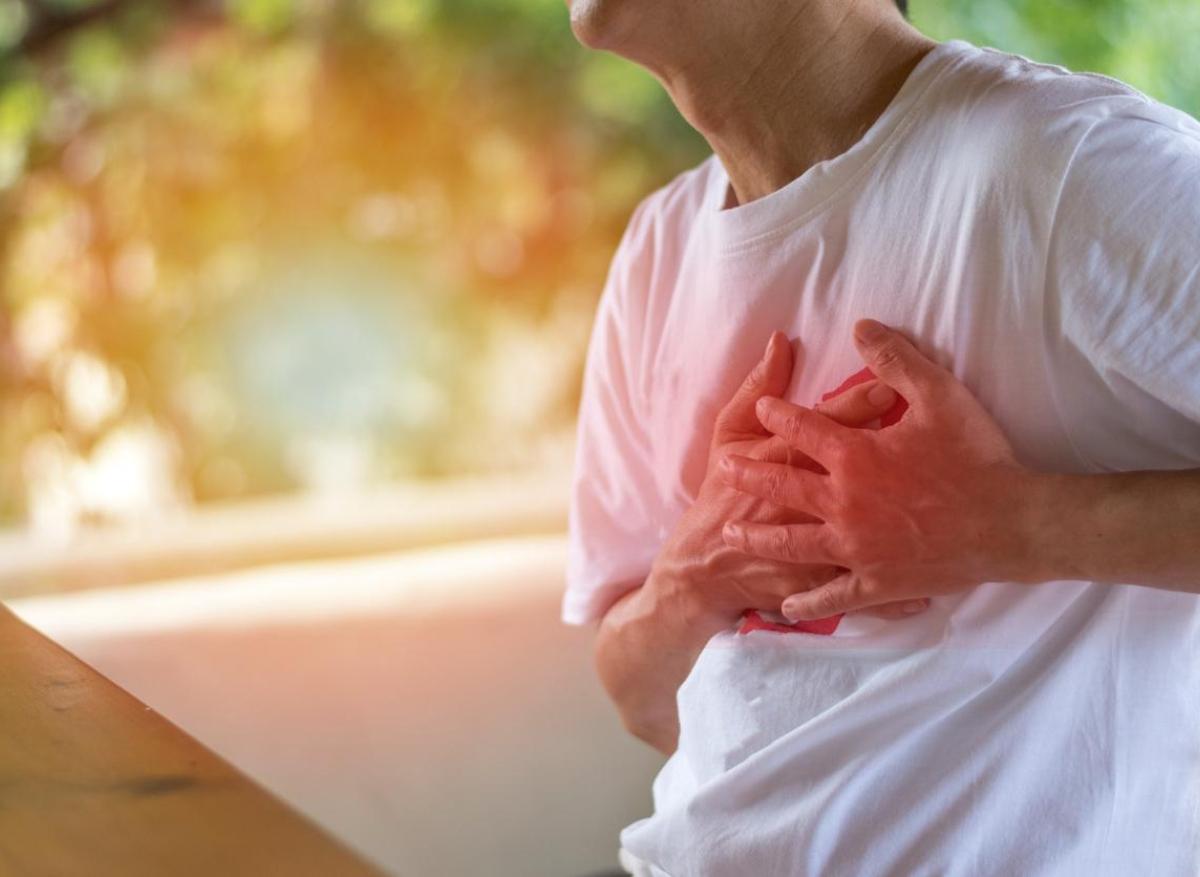Generally, the heart beats between 60 and 80 times per minute. However, each person has their own normal heart rate; some hearts beat faster or slower than others. Arrhythmia occurs when there is irregularity in the heart's rhythm.
Arrhythmia, or irregular heartbeat, is a problem with the frequency or rhythm of the heart's beats. The heart can beat too fast, too slowly, or with an irregular rhythm.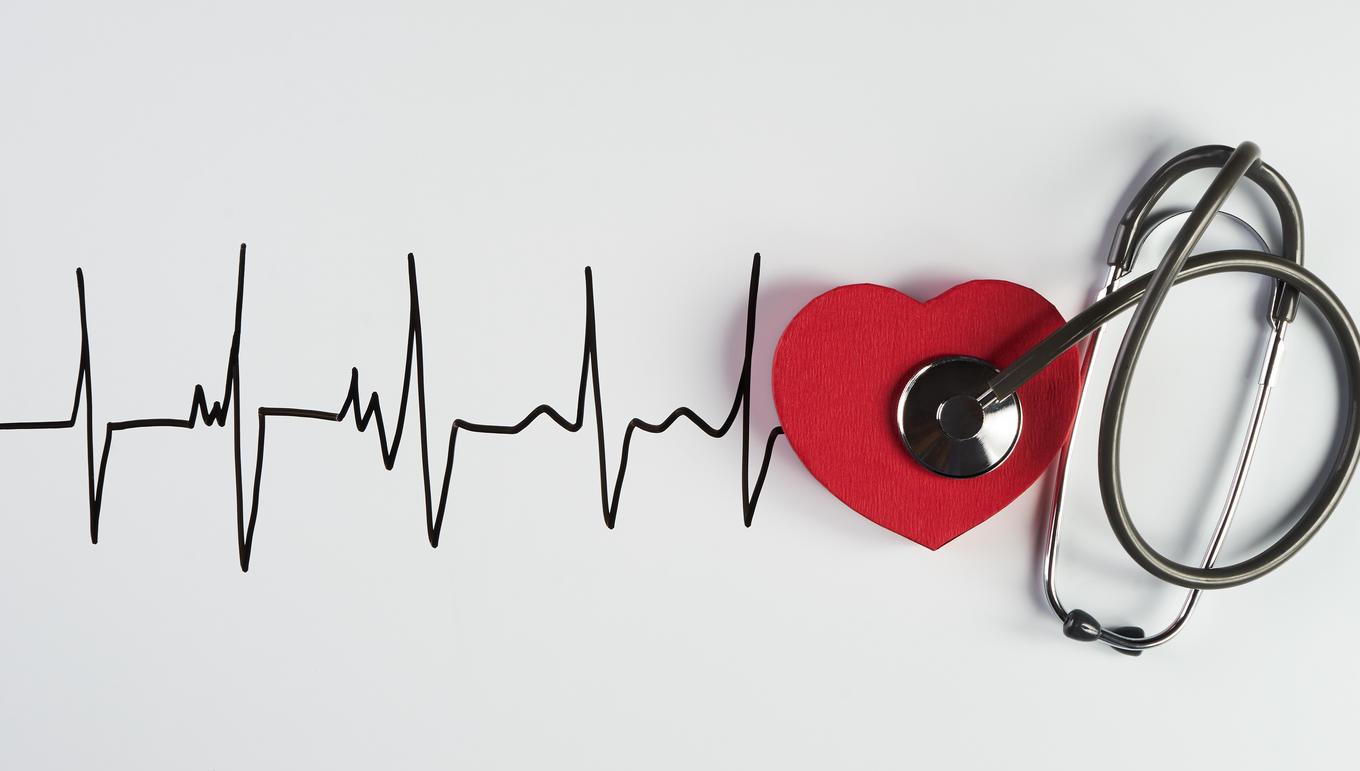
It is normal for the heart rate to increase during physical activity and slow down during rest or sleep. It is also normal to occasionally feel the heart skip a beat.
However, frequent irregular rhythms can indicate that your heart is not pumping enough blood through your body. You may experience dizziness, fainting, or other symptoms.
We have a highly effective natural treatment for curing arrhythmia.
Natural Treatment for Curing Arrhythmia
The natural treatment we offer for curing arrhythmia is entirely based on African herbs and barks.
Our natural remedy for arrhythmia consists of several herbal teas whose active ingredients promote the prevention of palpitations (rapid or irregular heartbeats), the dilation of arteries, and thus a sustained reduction in blood pressure.
Our herbal teas help eliminate the stiffness of blood vessels, making them more flexible.
Click on the image below to get it: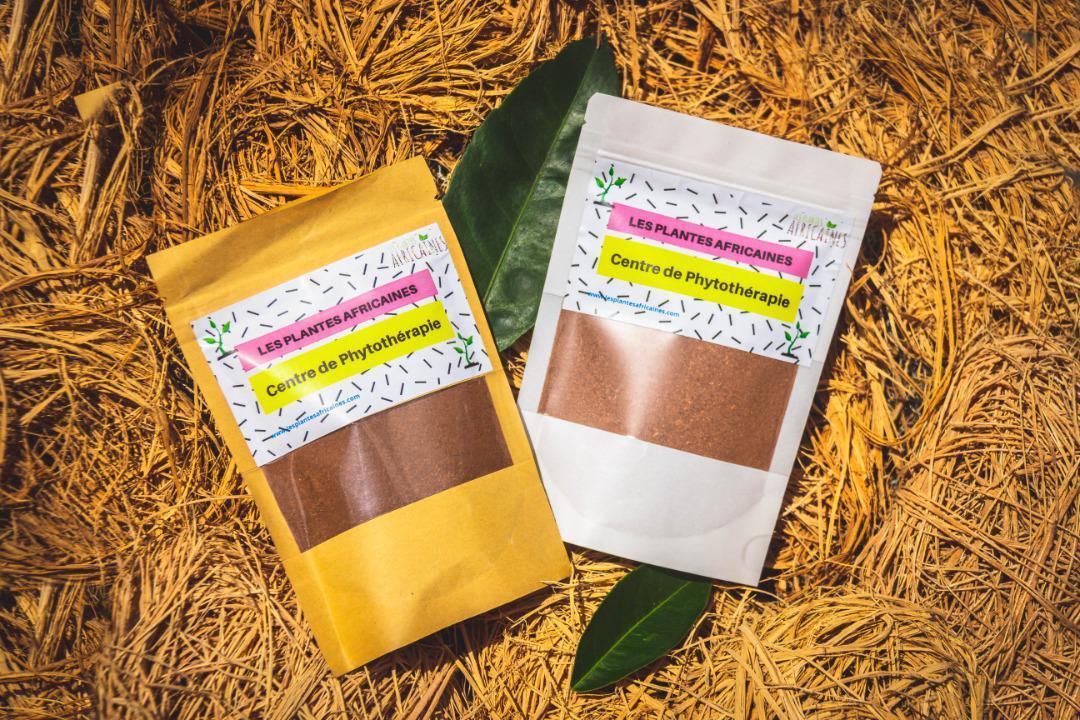
Order it and start the natural treatment for arrhythmia early. Support is provided throughout the entire treatment period. To contact us, click on the WhatsApp button in the lower right corner of your screen or call us at +229 62 79 67 67.
We are represented in all African countries and are active in Cameroon, Côte d'Ivoire, Mali, Senegal, Burkina Faso, Togo, Kenya, Nigeria, Gabon, Central African Republic, Benin, Chad, South Africa, Rwanda, Botswana, Uganda, Congo-Brazzaville, and Kinshasa. So, rest assured that you will receive your products immediately after placing your order.
Delivery is free worldwide.
Plants for Treating Arrhythmia
- Hawthorn
Hawthorn improves the contractions of heart muscles. It supports blood flow to the heart, stabilizes heart rhythm, and helps combat arrhythmias. As a result, it increases oxygen supply to the heart and improves cardiac output. Hawthorn is available in the form of tablets, extracts, or tea.
For hawthorn tea, finely chop 1 teaspoon of hawthorn leaves. Then, put them in a cup with hot boiled water and let them steep for 5 to 10 minutes. Drink the tea 3 times a day.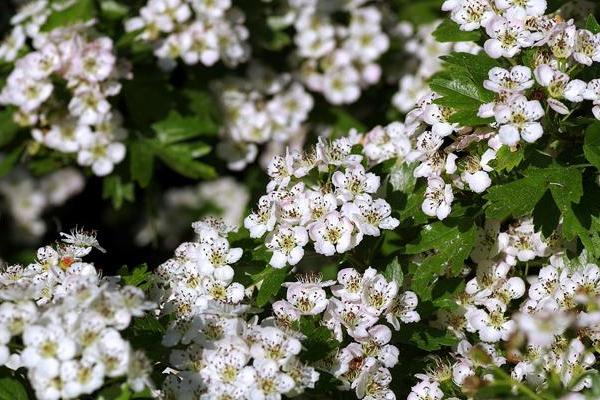
- Cinnamon
Cinnamon contains various nutrients that are particularly good for the heart. For example, potassium is an important component of cellular and bodily fluids and controls heart rate and blood pressure. Manganese and copper serve as important co-factors for the antioxidant enzyme superoxide dismutase.
In addition to being anti-inflammatory and soothing for heartburn, cinnamon is a super spice that helps control cholesterol and blood sugar levels. Consume it regularly.
Cinnamon also improves blood circulation, prevents excess "bad" LDL cholesterol, and lowers blood pressure. Cinnamon is a good ally against heart diseases.
Simply mix ½ teaspoon of cinnamon in a glass with hot water and drink it. Repeat the application for 2 days.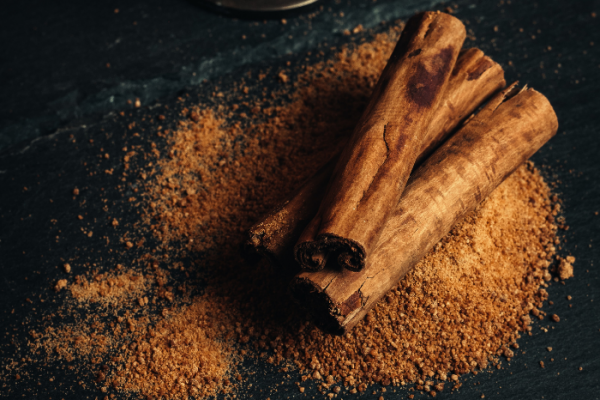
- Horehound (Marrubium vulgare)
This medicinal plant covered with hair grows in sunny uncultivated places, and from June to September, its aerial parts can be harvested for infusions (1 teaspoon of dried and crushed plant in a cup of boiling water) to reduce hypertension due to choline and potassium nitrate.
Although it is not famous for arrhythmias but for hypertension, the plant has been used successfully since ancient times and has a positive influence on arrhythmias.
Recommended preparation method: Infuse 1 to 2 teaspoons of dried herbs in 250 ml of boiling water for 15-20 minutes. Drink 2 to 3 cups a day, which has positive effects on heart rate regulation.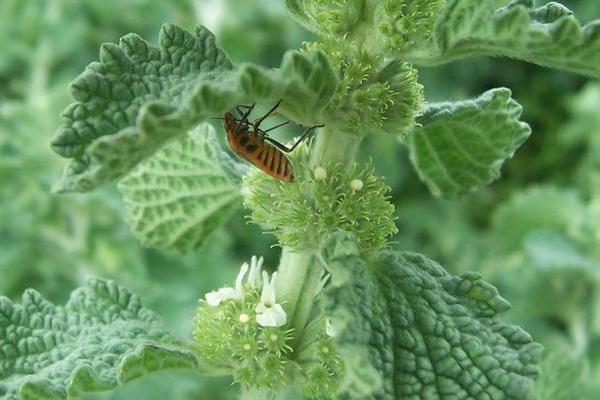
- Valerian
Valerian is recommended for palpitations in adults, in combination with other sedative (calming) herbs. Many substances have been isolated from this plant: valerenic acid, valerates, glutamine, etc. It is believed that these substances have a collective effect, as when administered separately, they do not seem to have any effect.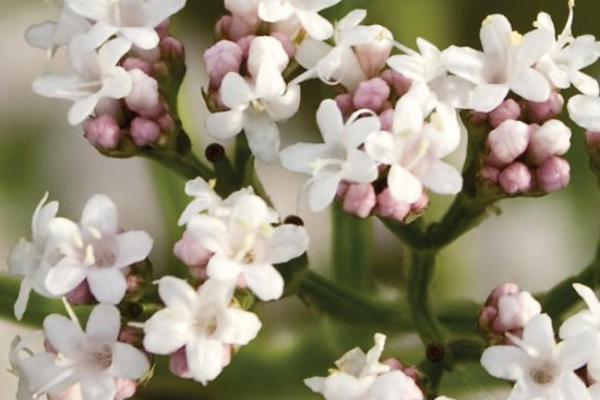
- Olive
Many studies indicate that olives and olive oil reduce cardiovascular risk. It also lowers blood pressure. Here, we are interested in the leaves. They contain flavonoids, triterpenes, and active compounds - secoiridoids - that are slightly hypotensive and hypolipidemic.
Olive leaf can stabilize early high blood pressure related to overweight or metabolic syndrome (overweight, diabetes, high triglycerides, and/or hypertension). In addition to dietary measures and resuming physical activity.
Preparation method: Add 30 g of leaves to a liter of boiling water for two to three minutes. Let it steep for ten minutes. Drink this tea throughout the day, in cycles of three weeks, with one-week breaks.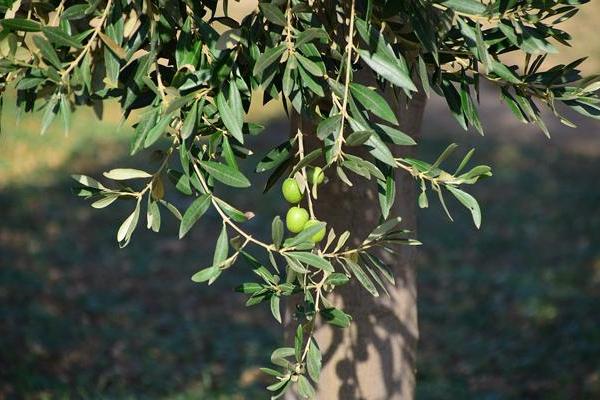
- Melissa
Melissa leaves contain anxiolytic rosmarinic acid and triterpenes, which are heart-tonic and antiarrhythmic. Thanks to these compounds, Melissa reduces stress and regulates heart rhythm. Since it calms the nervous system that controls intestinal contractions, it also has antispasmodic properties.
It is preferred in cases of palpitations accompanied by digestive spasms. On the other hand, hawthorn is chosen when tachycardia is associated with tremors, agitation, or menopause.
Preparation method: Place about fifteen leaves, dried or fresh, in one liter of boiling water. Let it steep for 15 minutes. Drink this herbal tea throughout the day. This tea is not very colorful but flavorful. Be cautious, as Melissa can interfere with thyroid function. It's better to be careful if you have thyroid problems.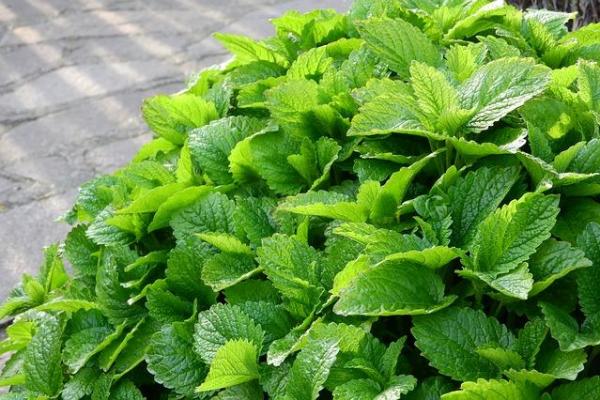
- Young Lemon Tree Shoots
The lemon tree prevents the formation of blood clots. It also promotes blood circulation in the arteries.
- Dogwood Bud
Dogwood maintains the flexibility of arteries and prevents the formation of blood clots. It can also prevent heart attacks.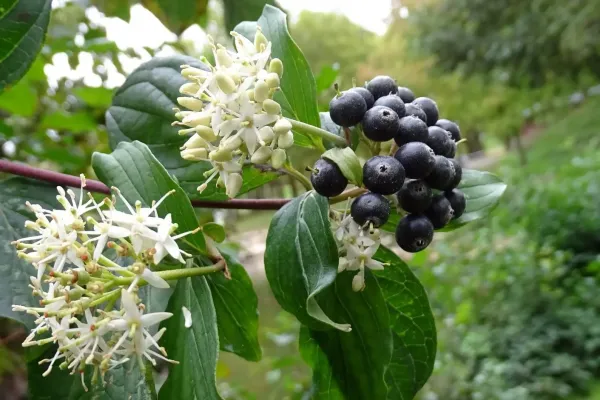
We have a highly effective natural remedy for curing arrhythmia.
Order it and start the natural treatment for arrhythmia early. Support is provided throughout the entire treatment period. To contact us, click on the WhatsApp button in the lower right corner of your screen or call us at +229 62 79 67 67.
We are represented in all African countries and are active in Cameroon, Côte d'Ivoire, Mali, Senegal, Burkina Faso, Togo, Kenya, Nigeria, Gabon, Central African Republic, Benin, Chad, South Africa, Rwanda, Botswana, Uganda, Congo-Brazzaville, and Kinshasa. So, rest assured that you will receive your products immediately after placing your order.
Delivery is free worldwide.
Heart-Healthy Foods
- Tomatoes
Tomatoes produce a secondary metabolite called lycopene. It is an antioxidant that reduces inflammation in the body. Antioxidants also have a powerful effect on lowering cholesterol levels (LDL), which is responsible for an increased risk of cardiovascular diseases. Foods rich in lycopene reduce LDL cholesterol levels and increase good cholesterol (HDL).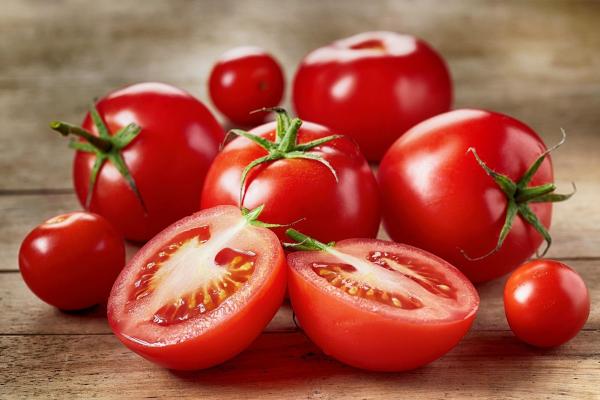
- Legumes
Legumes are superfoods! They not only regulate your blood sugar and ensure proper digestion but are also good for the heart.
Lentils, dry beans, chickpeas, and other legumes reduce blood pressure, cholesterol levels, and also help decrease inflammation in your body.
Try to include legumes in your diet at least four times a week.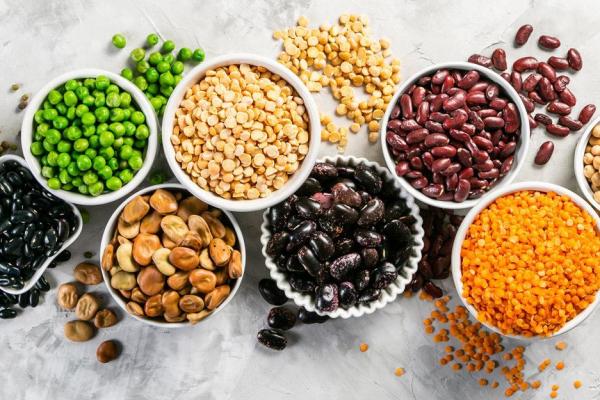
- Nuts
Nuts are a good source of micronutrients that are excellent for your heart and brain. Don't forget all the other types of nuts like hazelnuts, almonds, and cashews, which also have a protective effect. Eat a handful of nuts every day for a healthy heart.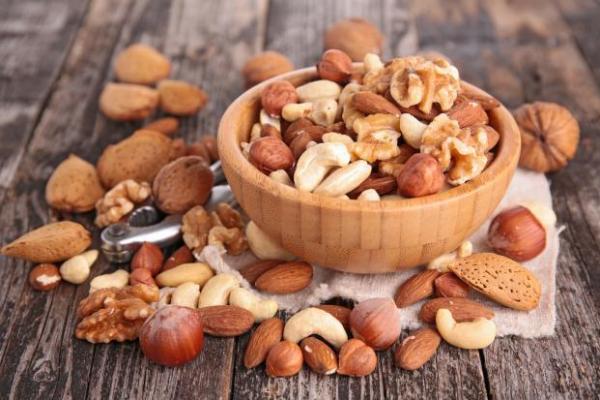
- Olive Oil
Olive oil is a staple of the Mediterranean diet, considered one of the healthiest foods. The antioxidants and monounsaturated fatty acids in olive oil protect your heart. Monounsaturated fatty acids have the ability to lower bad blood cholesterol levels. Prefer extra virgin olive oil from first cold-pressing.
- Fruits
Fruits are among the best foods for the heart. They are rich in soluble fiber, vitamins, and antioxidants, which help regulate blood sugar and cholesterol levels in the blood. Among them, raspberries, blackberries, and passion fruit stand out due to their high concentration of heart-healthy molecules.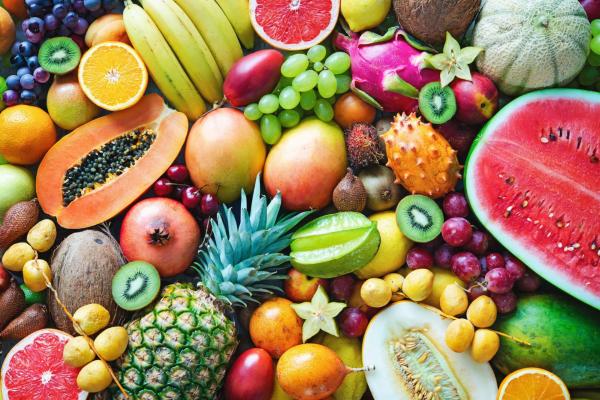
- Vegetables
Eating vegetables is good for your health, as we've known since childhood. But some vegetables are more recommended in a diet that prevents cardiovascular diseases. This is the case with legumes like lentils or chickpeas, which are a source of plant protein and important fibers.
Studies show that people who consume them in large quantities are better protected against heart risks. Would you like some delicious green lentil soup?
- Garlic
Garlic is an important element for a healthy heart diet. Allicin, present in garlic, lowers cholesterol and blood pressure. It also has positive effects in cases of atherosclerosis.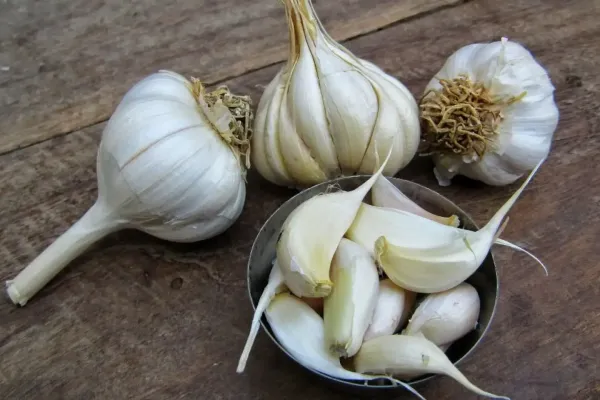
- Dark Chocolate
Dark chocolate has a high cocoa content and can protect your heart. Studies show that dark chocolate reduces the risk of hardening of the arteries. Of course, it's a matter of quantity. Try to consume it in moderation (about 15g), considering its high fat and sugar content.
The flavonoids and antioxidants in dark chocolate help stabilize blood pressure and reduce the oxidation of bad cholesterol that can attach to arterial walls. Dark chocolate is therefore among the good foods that help prevent cardiovascular diseases.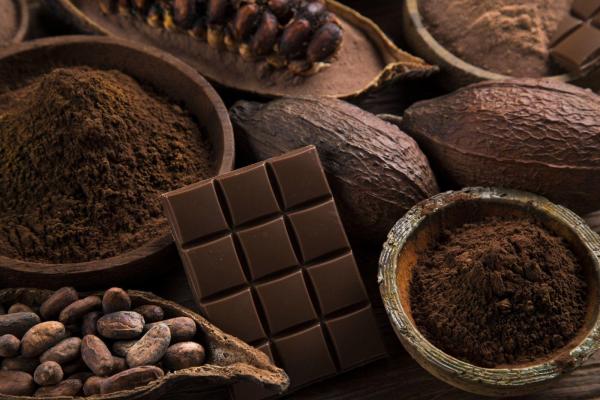
- Mackerel
Mackerel's exceptional omega-3 content makes it an essential ally for heart health. These fatty acids, especially those of marine origin, are believed to prevent cardiovascular diseases by acting on the elasticity of blood vessels, combating blood clot formation, and reducing blood triglyceride levels. To fully benefit from the attributed benefits of these fatty acids, it is advisable not to overcook them.
- Passion Fruit
A small tropical berry, passion fruit contains a large amount of soluble and insoluble fibers, especially in its peel and seeds. These have the property of reducing blood glucose and cholesterol levels, two factors that impact cardiovascular risk.
Moreover, passion fruit contains several antioxidants like cyanidin and lycopene, both beneficial for heart health. Research has shown that a diet supplemented with passion fruit peel extracts can help prevent hypertension, a significant risk factor for heart disorders.
We have a highly effective natural remedy for curing arrhythmia.
Order it and start the natural treatment for arrhythmia early. Support is provided throughout the entire treatment period. To contact us, click on the WhatsApp button in the lower right corner of your screen or call us at +229 62 79 67 67.
We are represented in all African countries and are active in Cameroon, Côte d'Ivoire, Mali, Senegal, Burkina Faso, Togo, Kenya, Nigeria, Gabon, Central African Republic, Benin, Chad, South Africa, Rwanda, Botswana, Uganda, Congo-Brazzaville, and Kinshasa. So, rest assured that you will receive your products immediately after placing your order.
Delivery is free worldwide.
- Chickpeas
Regular consumption of legumes has various beneficial effects, such as better diabetes control and a reduced risk of cardiovascular diseases.
However, chickpeas seem to stand out. Low in calories and with a low glycemic index, they possess antioxidant properties due to their copper and manganese content.
A study has shown that a diet containing chickpeas for 16 days led to a decrease in total cholesterol and LDL (the "bad" cholesterol) concentrations in the blood, compared to the control group.
The benefit of chickpeas lies in their low glycemic load, which, in turn, reduces blood sugar levels. We know that if blood sugar is too high, the risk of heart attacks or strokes increases.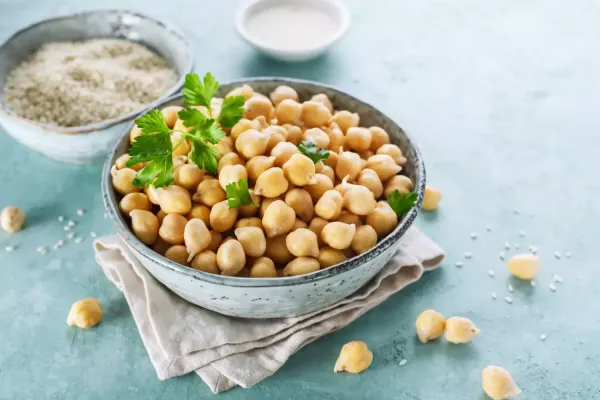
- Broccoli
Broccoli is rich in calcium and potassium. It helps maintain healthy bone mass and good blood pressure. Well-controlled blood pressure helps reduce the risk of stroke. This vegetable has many other properties, including protection against free radicals, memory loss, and cataracts, among others.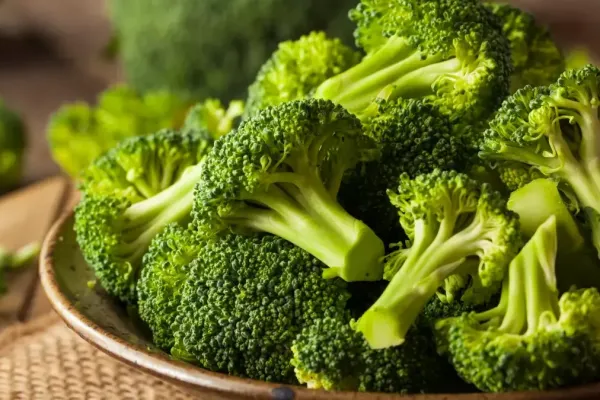
- Avocado
Avocado is a superfood that should be regularly included in your diet. It neutralizes bad cholesterol because it contains a lot of monounsaturated fat, which is good fat. It is rich in plant sterols, which help slow down the absorption of bad fat found in certain foods.
Avocado significantly contributes to reducing the risk of heart attacks by keeping the arteries free from bad fat.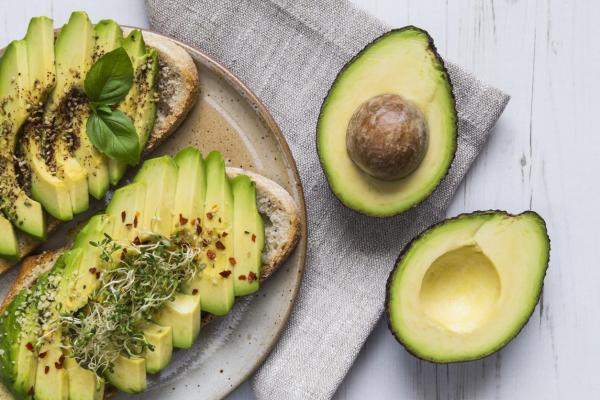
- Blueberries
Blueberries contain a very high amount of antioxidants. Antioxidants help protect the body against heart diseases, cancer, memory loss, and blindness. By thinning the blood, they increase the resistance of the cardiovascular system. To fully enjoy their benefits, be sure to eat them raw.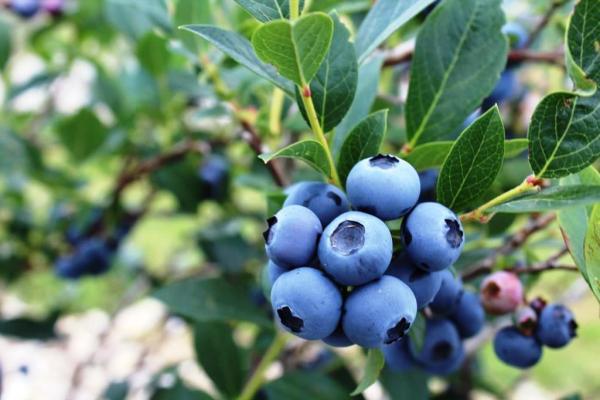
- Salmon
A significant source of good monounsaturated fats and omega-3, regular consumption of salmon helps control bad cholesterol in the arteries, thus promoting heart health.
- Spinach
In addition to helping maintain good bone density, the concentration of magnesium, folate, and potassium makes spinach a protective food against the risk of stroke, as it helps stabilize blood pressure.
- Oats
Oats are a cereal containing a high amount of soluble fiber, which contributes to reducing cholesterol levels in the blood and blood pressure. Including oats in your diet helps maintain a healthy heart.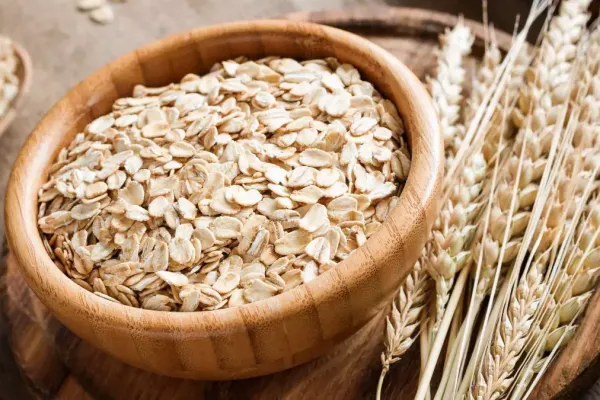
- Almonds
The benefits of almonds on cholesterol have been validated by numerous studies. Their phytosterol content effectively reduces the concentration of "bad" cholesterol (LDL) in the body. Excess LDL can deposit in the arteries and pose a risk of blockage.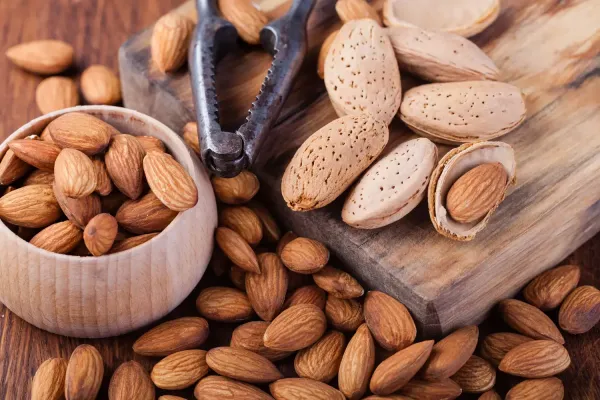
- Cherries
Cherries are among the fruits with the highest antioxidant content. These antioxidants have the ability to neutralize free radicals that damage the body's cells.
By thinning the blood, they increase the resilience of the cardiovascular system. To enjoy all their benefits, it's best to consume them raw.
- Honey
Honey is one of the most versatile natural remedies and an excellent preventive measure against various diseases. In cardiovascular diseases, it is recommended to use 1 tablespoon of honey 2-3 times a day.
Honey can be dissolved in water or consumed with fruits. Honey has a positive effect on the heart muscle, dilates blood vessels, and improves blood flow to the heart.
We have a highly effective natural remedy for curing arrhythmia.
Order it and start the natural treatment for arrhythmia early. Support is provided throughout the entire treatment period. To contact us, click on the WhatsApp button in the lower right corner of your screen or call us at +229 62 79 67 67.
We are represented in all African countries and are active in Cameroon, Côte d'Ivoire, Mali, Senegal, Burkina Faso, Togo, Kenya, Nigeria, Gabon, Central African Republic, Benin, Chad, South Africa, Rwanda, Botswana, Uganda, Congo-Brazzaville, and Kinshasa. So, rest assured that you will receive your products immediately after placing your order.
Delivery is free worldwide.
Tips for Taking Care of Your Heart
- Quit Smoking
Tobacco is the leading cause of preventable cardiovascular mortality. Smoking 3 to 4 cigarettes a day triples the relative risk of cardiovascular accidents.
- Maintain a Healthy Weight
The heart doesn't like extra pounds, especially when they accumulate around the waist. Waist circumference is much more relevant than body mass index (BMI) for assessing cardiovascular risk.
Be vigilant: a waist circumference greater than 88 cm in women and 102 cm in men indicates abdominal obesity.
- Engage in Regular Physical Activity
Remember that your heart is a muscle. The more you train it, the better it functions. Regular physical activity helps dilate the arteries, including the coronary arteries that supply oxygen to the heart.
So, at least 30 minutes of physical exercise every day and continuously are essential to maintain your heart. They will also help you avoid other enemies of your heart, such as high blood pressure, excess cholesterol, or diabetes.
So, seize every opportunity to move: walk, take the stairs, bike...
- Have a Healthy and Balanced Diet
A balanced diet, combined with regular physical activity, is a real source of pleasure and well-being. It helps you maintain a normal weight and, if necessary, lose weight; it also contributes to reducing "bad" cholesterol and fighting against diabetes. You reduce the risk of a heart attack accordingly.
At every stage of life, our diet should provide a caloric intake proportional to our energy expenditure. It should also be sufficiently varied and evenly distributed throughout the day to provide all the necessary elements for the proper functioning of our body.
A diversified diet should include at least one food item from each category every day. Water is the only essential drink, without moderation!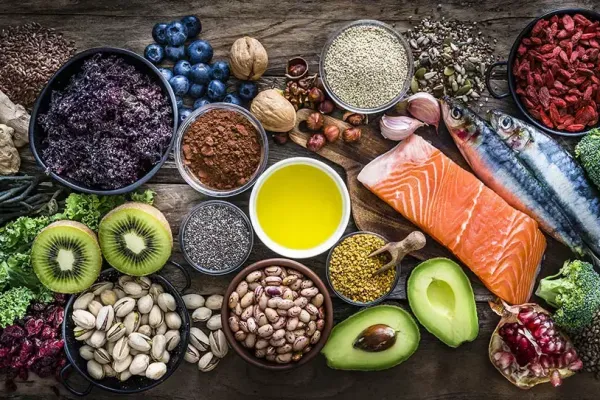
- Avoid Stress
Stress is one of the leading causes of heart attacks after smoking and cholesterol. It accelerates the heart rate, increases blood pressure, alters coagulation, encourages smoking, alcohol consumption, and eating more fat and sugar.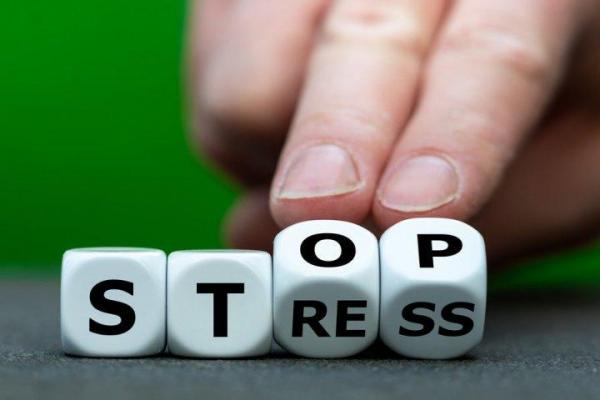
- Get Enough Sleep
If you sleep less than 6 hours a night, you double your risk of stroke and heart attack. If you sleep more than 8 hours a night, you double the risk of angina and increase the risk of coronary heart disease.
- Check Your Blood Pressure Every Year
Hypertension corresponds to too much blood pressure in the arteries. It prematurely tires the heart by imposing an overload of work on it and promotes the deposit of fat on the artery walls. Normal blood pressure should be below 140/90 (130/80 for diabetic hypertensive patients).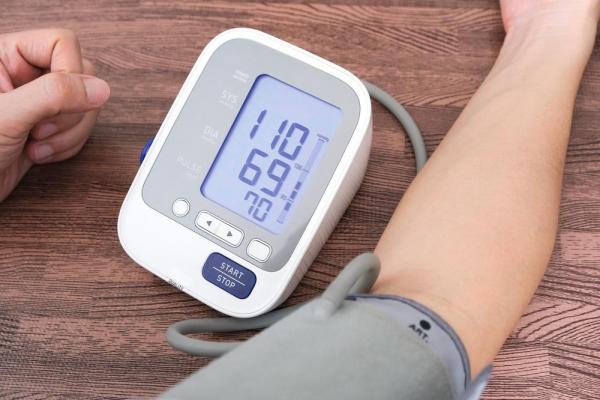
We have a highly effective natural remedy for curing arrhythmia.
Order it and start the natural treatment for arrhythmia early. Support is provided throughout the entire treatment period. To contact us, click on the WhatsApp button in the lower right corner of your screen or call us at +229 62 79 67 67.
We are represented in all African countries and are active in Cameroon, Côte d'Ivoire, Mali, Senegal, Burkina Faso, Togo, Kenya, Nigeria, Gabon, Central African Republic, Benin, Chad, South Africa, Rwanda, Botswana, Uganda, Congo-Brazzaville, and Kinshasa. So, rest assured that you will receive your products immediately after placing your order.
Delivery is free worldwide.
Symptoms of Arrhythmia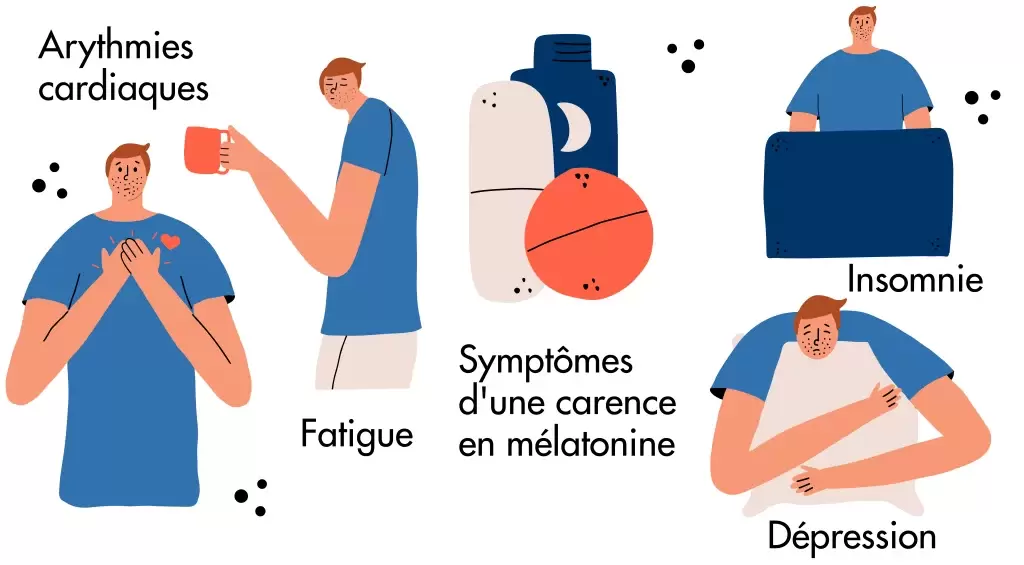
The symptoms of arrhythmia can vary depending on the severity of the arrhythmia, its underlying cause, and the person's overall health. Some individuals may experience only mild or intermittent symptoms, while others may have more severe and persistent symptoms. Here are some common symptoms of arrhythmia:
- Palpitations: A sensation of rapid, irregular, or fluttering heartbeat is one of the most common symptoms of arrhythmia.
- Strong Heartbeats: People with arrhythmia may experience stronger heartbeats, also called extrasystoles, between normal beats.
- Tachycardia: A sudden increase in heart rate, which can cause palpitations, anxiety, and sometimes dizziness.
- Bradycardia: An abnormally slow heart rate, which can lead to dizziness, fainting, and weakness.
- Fatigue: Arrhythmia can cause excessive fatigue, even without intense physical activity.
- Dizziness or Lightheadedness: People with arrhythmia, especially those with episodes of tachycardia or bradycardia, may experience dizziness or lightheadedness.
- Shortness of Breath: Shortness of breath may occur due to the heart's difficulty in pumping blood effectively to the rest of the body.
- Chest Pain: Some people with arrhythmia may experience chest pain or pressure similar to angina.
- Fainting or Syncope: Severe arrhythmias can lead to sudden loss of consciousness.
- Anxiety: Arrhythmia symptoms, especially palpitations, can cause anxiety in some individuals.
It is essential to consult a healthcare professional if you experience symptoms of arrhythmia, as it may indicate an underlying heart problem requiring proper evaluation and medical treatment. Arrhythmia can be diagnosed using an electrocardiogram (ECG) or other cardiac tests, and the treatment will depend on the underlying cause and severity of the condition.
We have a highly effective natural remedy for curing arrhythmia.
Order it and start the natural treatment for arrhythmia early. Support is provided throughout the entire treatment period. To contact us, click on the WhatsApp button in the lower right corner of your screen or call us at +229 62 79 67 67.
We are represented in all African countries and are active in Cameroon, Côte d'Ivoire, Mali, Senegal, Burkina Faso, Togo, Kenya, Nigeria, Gabon, Central African Republic, Benin, Chad, South Africa, Rwanda, Botswana, Uganda, Congo-Brazzaville, and Kinshasa. So, rest assured that you will receive your products immediately after placing your order.
Delivery is free worldwide.
Causes of Arrhythmia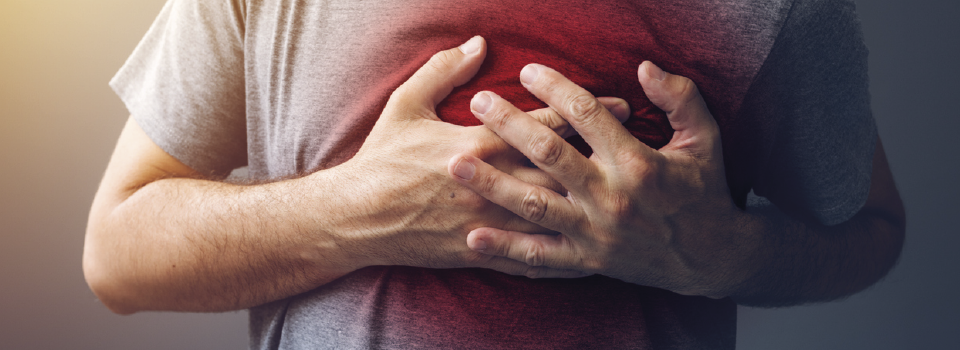
Arrhythmia occurs when the heart's normal rhythm is disrupted, resulting in an irregular, too fast, or too slow heartbeat. There are many potential causes of arrhythmia, including:
- Heart Diseases: Heart conditions such as ischemic heart disease (coronary artery disease), cardiomyopathy (weakening of the heart muscle), valvular heart disease (heart valve problems), and congenital heart defects can lead to arrhythmias.
- High Blood Pressure: High blood pressure can cause cardiac arrhythmias.
- Lung Diseases: Lung diseases, such as chronic obstructive pulmonary disease (COPD), can affect the heart rhythm due to the close relationship between the lungs and the heart.
- Electrolyte Imbalances: Abnormal levels of potassium, sodium, calcium, or magnesium in the blood can cause arrhythmias.
- Medications: Certain medications, especially those used to treat other conditions, can have side effects that trigger arrhythmias.
- Excessive Alcohol or Caffeine Consumption: Excessive alcohol or caffeine intake can cause arrhythmias.
- Stress and Anxiety: High levels of stress or anxiety can trigger arrhythmias in some people.
- Hyperthyroidism or Hypothyroidism: Thyroid imbalances can affect heart rhythm.
- Autonomic Nervous System Disorders: Certain conditions affecting the autonomic nervous system, such as Long QT syndrome, can lead to arrhythmias.
- Advanced Age: The risk of arrhythmias generally increases with age.
- Hereditary Factors: Some arrhythmias can be genetically inherited.
- Rheumatic Fever: This condition can damage heart valves and lead to arrhythmias.
- Stimulants: The use of stimulants like cocaine or amphetamines can cause severe cardiac arrhythmias.
It is crucial to seek medical attention in case of arrhythmia, as some forms of arrhythmia can be dangerous and require medical treatment. Treatment depends on the underlying cause of the arrhythmia and its severity. Accurate diagnosis often requires tests such as electrocardiography (ECG), Holter monitoring, echocardiography, and other cardiac evaluations. Treatment may include medications, catheter ablation, the placement of pacemakers, or other procedures depending on the individual patient's situation.
We have a highly effective natural remedy for curing arrhythmia.
Order it and start the natural treatment for arrhythmia early. Support is provided throughout the entire treatment period. To contact us, click on the WhatsApp button in the lower right corner of your screen or call us at +229 62 79 67 67.
We are represented in all African countries and are active in Cameroon, Côte d'Ivoire, Mali, Senegal, Burkina Faso, Togo, Kenya, Nigeria, Gabon, Central African Republic, Benin, Chad, South Africa, Rwanda, Botswana, Uganda, Congo-Brazzaville, and Kinshasa. So, rest assured that you will receive your products immediately after placing your order.
Delivery is free worldwide.
Problems with the Heart's Electrical System
The heart's electrical system is responsible for regulating the heart rate by generating electrical impulses that cause the heart muscles to contract in a synchronized manner. Problems with the heart's electrical system, also known as cardiac rhythm disorders or arrhythmias, can manifest in various ways and have diverse causes. Here are some of the most common issues related to the heart's electrical system:
- Atrial Fibrillation (AF): This is the most common arrhythmia. In AF, the heart's atria beat irregularly and chaotically, which can increase the risk of blood clot formation and strokes.
- Supraventricular Tachycardia (SVT): SVT is a group of arrhythmias that originate in the upper parts of the heart (atria or atrioventricular node) and result in a fast heart rate.
- Bradycardia: Bradycardia is characterized by an abnormally slow heart rate, typically less than 60 beats per minute. It can be caused by issues with the sinus node, often referred to as "sick sinus syndrome."
- Heart Blocks: Heart blocks occur when electrical impulses encounter obstruction or slowing down as they pass through the heart's conduction system. There are different degrees of heart blocks, from minor blockages to complete blockage.
- Ventricular Tachycardia (VT): VT is an arrhythmia that originates in the heart's ventricles and is characterized by a fast and potentially dangerous heart rate. It can be associated with serious heart conditions.
- Atrial Flutter: Atrial flutter is similar to atrial fibrillation but involves more organized electrical impulses in the atria. The heart rate is typically fast and regular.
- Torsades de Pointes: This is a severe form of ventricular tachycardia that can lead to fainting or cardiac arrest. It is often associated with electrolyte imbalances.
- Wolff-Parkinson-White Syndrome (WPW): This syndrome is caused by an abnormal additional electrical pathway between the atria and ventricles, which can lead to episodes of supraventricular tachycardia.
- Long QT Syndrome (LQTS): LQTS is an inherited abnormality of the heart's electrical system that can cause potentially deadly arrhythmias.
Problems with the heart's electrical system can range from benign to severe, and treatment depends on the underlying cause, severity, and associated symptoms. A precise diagnosis often requires tests such as electrocardiograms (ECGs), Holter monitoring, echocardiography, and other cardiac evaluations. Treatment may include medication, catheter ablation, implantation of pacemakers, or other procedures based on the individual patient's condition.
We have a highly effective natural remedy for curing arrhythmia.
Order it and start the natural treatment for arrhythmia early. Support is provided throughout the entire treatment period. To contact us, click on the WhatsApp button in the lower right corner of your screen or call us at +229 62 79 67 67.
We are represented in all African countries and are active in Cameroon, Côte d'Ivoire, Mali, Senegal, Burkina Faso, Togo, Kenya, Nigeria, Gabon, Central African Republic, Benin, Chad, South Africa, Rwanda, Botswana, Uganda, Congo-Brazzaville, and Kinshasa. So, rest assured that you will receive your products immediately after placing your order.
Delivery is free worldwide.

